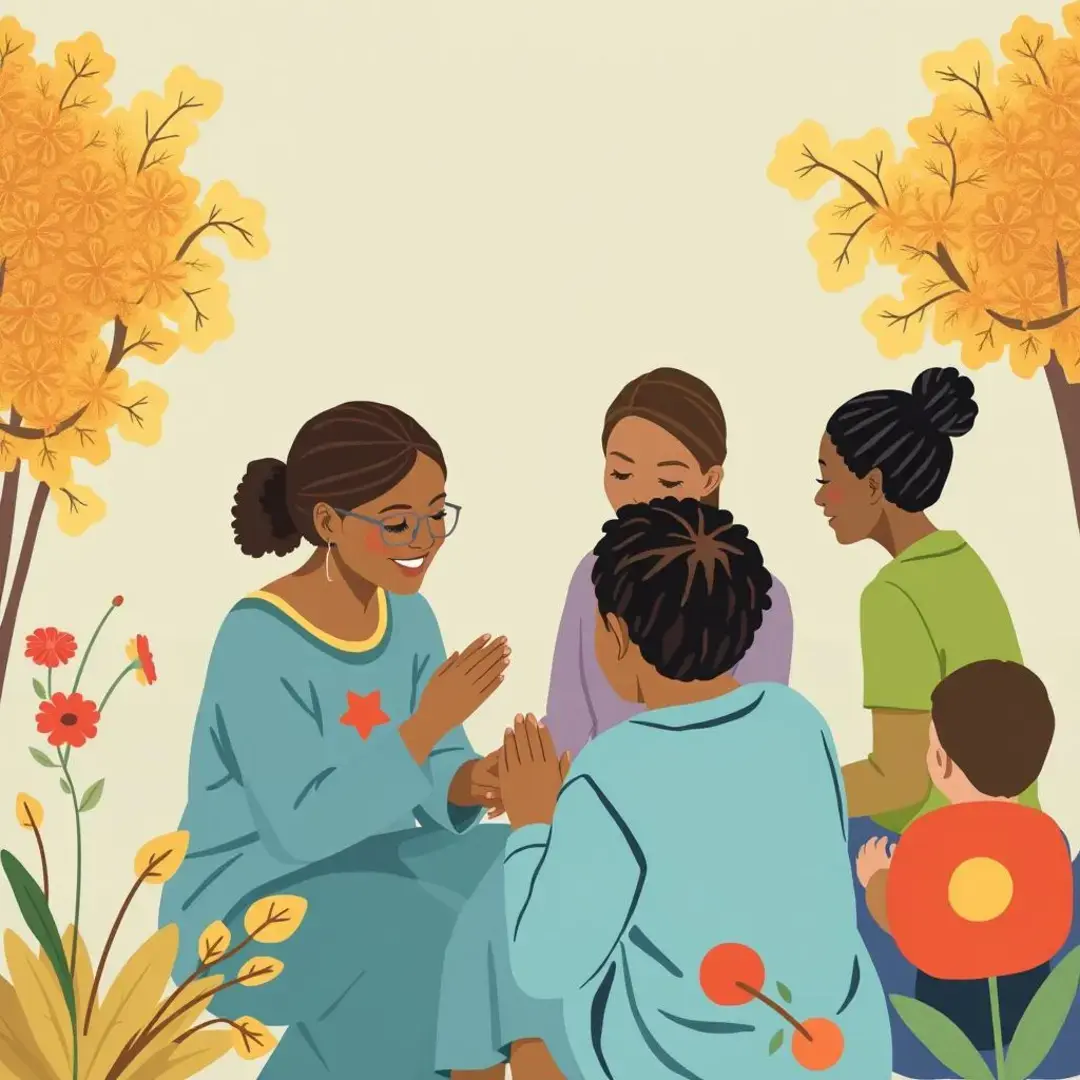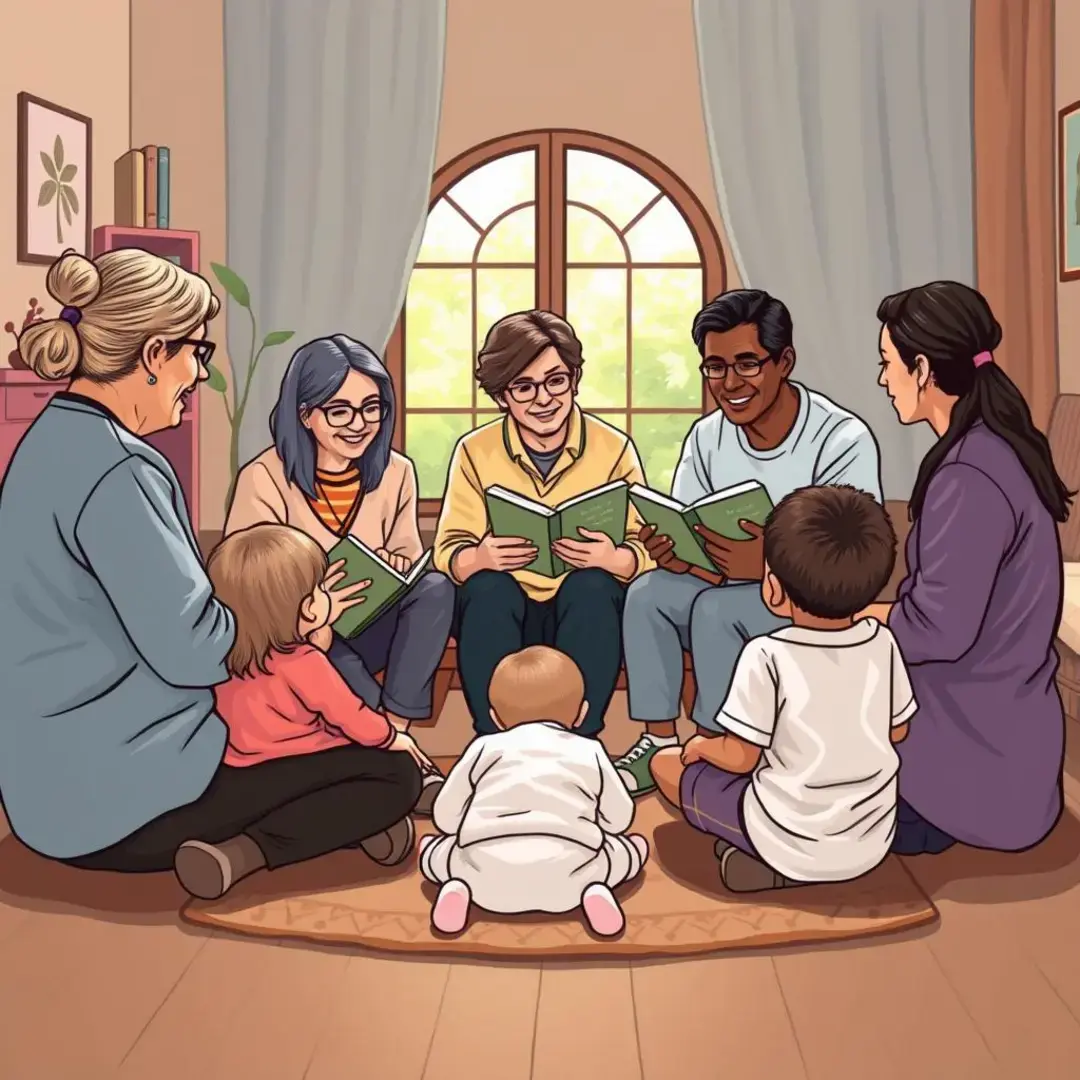Understanding the Hidden Reality of Child Caregivers

The Scope of the Issue
In the United States alone, it is estimated that there are over 5.4 million young caregivers. These children often step into roles that require them to care for family members with disabilities, illnesses, or other significant challenges. Despite their numbers, many of these child caregivers remain unnoticed and unsupported, juggling responsibilities that far exceed their years.
Child caregivers undertake a wide array of tasks, ranging from basic household chores and sibling care to more complex medical duties. Some may assist with administering medications, helping with mobility, or providing emotional support to ill family members. These responsibilities can significantly impact their daily lives, education, and personal development.
The Impact on Young Caregivers
The emotional toll on child caregivers is immense. Many experience heightened levels of anxiety, depression, and even thoughts of self-harm. The constant worry about the well-being of their loved ones and the pressure to balance caregiving with school can lead to overwhelming stress.
Physical strain is another significant concern. Tasks such as lifting or assisting family members can lead to injuries or chronic pain. Additionally, the demands of caregiving often result in sleep deprivation and fatigue, further compromising their health.
Balancing caregiving with academic responsibilities can be challenging. Child caregivers may struggle with school attendance, falling behind in their studies, and facing difficulties in maintaining social relationships. The added pressure can lead to feelings of isolation and bullying, further impacting their academic and social lives.
Building Community Support for Child Caregivers

Advocating for Policy Changes
Increasing public awareness about the challenges faced by child caregivers is essential for garnering support and driving policy changes. Sharing their stories and highlighting their contributions can educate others and inspire action.
Further research is needed to fully understand the scope and impact of child caregiving. Studies can inform the development of effective policies and programs, ensuring that child caregivers receive the support they need.
Advocating for laws that support child caregivers, such as funding for respite care and inclusive support programs, can make a significant difference in their lives. Legislative efforts can provide the necessary resources and protections to ensure these young caregivers are not left behind.
Fostering a Culture of Support and Understanding

Identifying Young Caregivers in Our Communities
Educators, healthcare professionals, and community members play a crucial role in identifying child caregivers. Signs such as drastic changes in behavior, declining academic performance, or withdrawal from social interactions can indicate that a child is taking on caregiving responsibilities.
Sometimes, the simplest way to identify a child caregiver is by asking open-ended questions about their home life and responsibilities. Schools can implement screening tools or questionnaires to help uncover those who may be silently bearing heavy burdens at home.
Creating Supportive Programs and Resources
Providing temporary relief through respite care programs allows child caregivers to take a much-needed break. These programs offer them the opportunity to focus on their own well-being, reducing stress and preventing burnout.
Connecting child caregivers with others in similar situations fosters a sense of community and belonging. Support groups and peer networks provide a platform for sharing experiences, coping strategies, and emotional support, alleviating feelings of isolation.
Empowering young caregivers with the necessary skills and knowledge can significantly improve their caregiving abilities. Educational programs can teach time management, stress reduction techniques, and effective communication strategies, enabling them to handle their responsibilities more efficiently.
Promoting Empathy and Compassion
Encouraging empathy and understanding within families, schools, and communities creates a more supportive environment for child caregivers. Teaching others to recognize and appreciate the sacrifices made by these young individuals fosters a culture of compassion and inclusion.
Recognizing the Contributions of Young Caregivers
Acknowledging and valuing the efforts of child caregivers can significantly boost their self-esteem and sense of worth. Celebrating their contributions helps mitigate feelings of being overlooked and reinforces their importance within the family and community.
Working Together to Create a Brighter Future
By uniting as families, communities, and policymakers, we can create a brighter future for child caregivers. Providing comprehensive support and resources ensures that these young individuals have the opportunity to thrive, balancing their caregiving roles with personal growth and development.
In conclusion, supporting child caregivers is not just a responsibility but a collective opportunity to build stronger, more empathetic communities. Let’s work together to recognize their efforts, provide the necessary support, and celebrate the incredible contributions they make every day. Thank you for joining me on Relationship Matters TV, and remember, every child deserves the chance to flourish in a nurturing and supportive environment.
